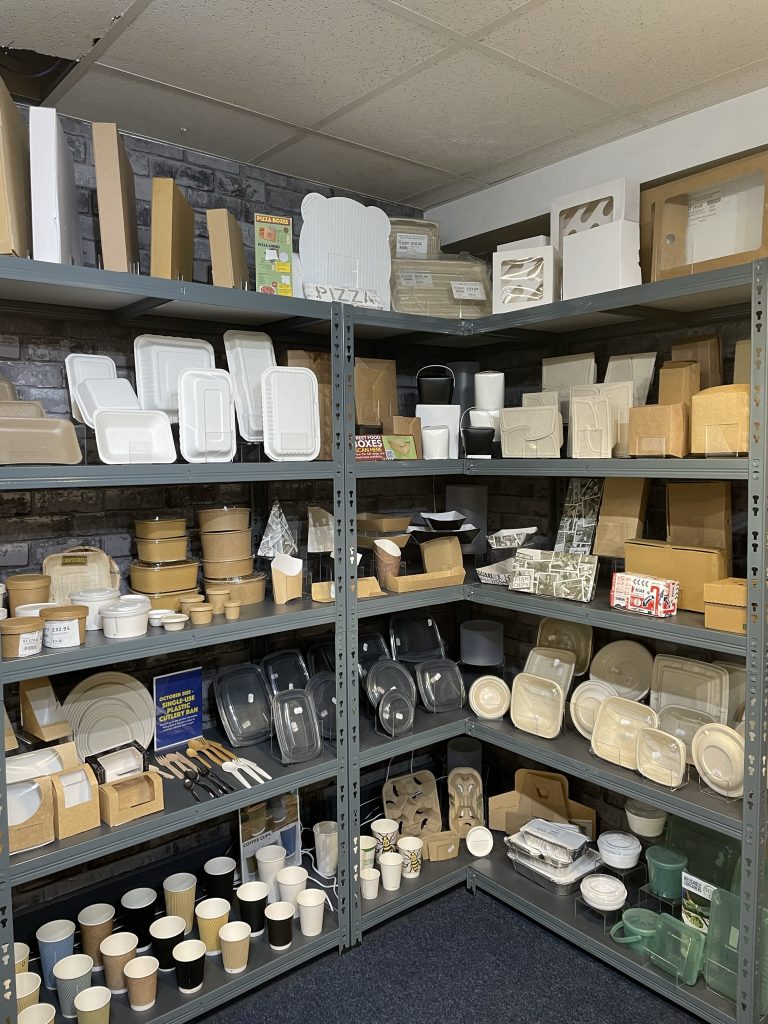The UK government introduced a nationwide single-use plastic band Sunday 01 October 2023, supported by local councils. Businesses are no longer allowed to supply, sell or offer single-use plastic cutlery, plates, bowls, trays, containers or balloon sticks.
The ban comes as part of the government’s attempt to combat climate change by tackling plastic pollution, littering and avoidable waste. Many single-use plastics, including some products that have been labelled as compostable, recycled, and biodegradable will be banned. The ban also covers polystyrene food and drink containers.
It is expected that this ban will profoundly affect the hospitality industry, as it includes new and existing stock of plastic items which businesses will have to dispose of. It comes at a time in which cities in the UK are only just bouncing back to pre-pandemic hospitality levels, according to government data there are over 3 million people employed in the hospitality sector, showing just how crucial the hospitality sector is to the country.
Henry Stephenson, managing director at Stephensons is assisting businesses in finding alternatives to prepare for the plastic ban legislation.
Supplying food & drink packaging with an eco-friendly approach, Mr Stephenson fully supports the ban and stated: “By reducing our reliance on single-use plastics, we are taking a giant leap towards a cleaner and more sustainable future. The single-use plastic ban aligns with Manchester’s and the nation’s broader environmental goals to combat climate change, conserve natural resources, and promote sustainable living.”
With the plastic ban coming into force with immediate effect, Henry Stephenson explained: “This ban will affect businesses of all sizes, so we want to be able to support businesses to prepare them. With limited information currently available to provide clear guidelines and advice for preparation, we aim to ensure businesses can cope with this change.”
In light of the government’s recent U-turn on key net-zero policies, the single-use plastic ban is one key sustainability policy that has moved forward. As the target for eliminating plastic pollution in the UK by 2040 fast approaches, the ban sees the government increasing efforts to foster a more sustainable society. Prohibiting the use of this catering equipment follows initiatives such as a UK-wide plastic tax on packaging that contains less than 30% recycled plastic and measures to restrict the supply of plastic straws and plastic drink stirrers. Accelerating the movement towards a plastic-free nation, the government is placing increased pressure on the hospitality industry to operate with a planet-first approach.



